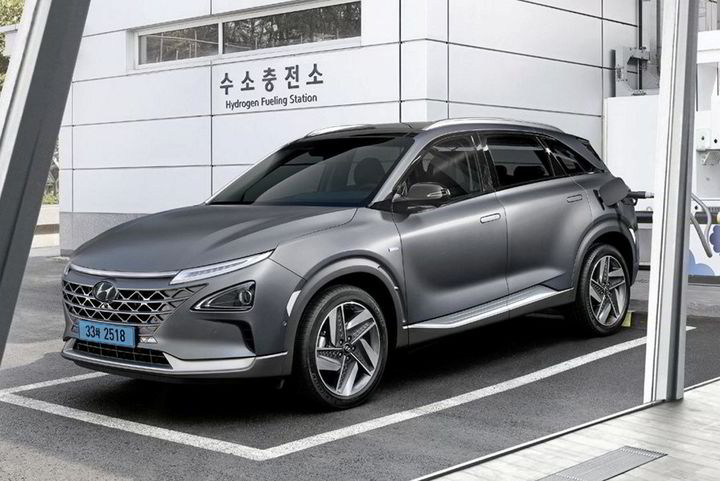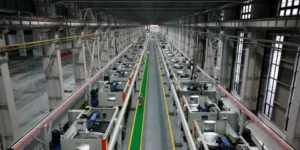Hydrogen vehicle registrations fell by more than 50% in South Korea in 2023, government figures reveal

The number of fuel-cell electric vehicles (FCEVs) registered in South Korea in 2023 fell by 54% compared to 2022, with only 4,635 hydrogen-powered cars, vans and trucks added to the country’s fleet last year.
The downturn — which was also seen in Europe’s biggest FCEV market, Germany — raises serious questions as to whether the country will be able to meet its aim of having 300,000 H2 vehicles on its roads by 2030, up from just over 34,000 today.
South Korea has the biggest FCEV market in the world outside China, and remains one of the most bullish countries on hydrogen, largely because its lack of available land for renewables projects has prompted the government to believe that huge amounts of imported clean H2 are needed to meet its net-zero goals.
Total registrations of all cars, vans and trucks in South Korea fell by almost a quarter in 2023, compared to the previous year, official government figures show, but registrations of battery electric vehicles (BEVs) only fell by 2.8% year on year.
A total of 154,045 BEVs hit the road in 2023 — 33 times higher than the number of new FCEVs.
And at the end of last year, there were 34,258 FCEVs on the road in South Korea, compared to 543,900 BEVs — almost 16 times more.
Article continues below the advert
Vehicle registrations in South Korea, 2022-23 (not including two-wheelers)
| 2022 registrations | 2023 registrations | year-on-year change | vehicles on road at end of 2023 | |
| FCEV cars | 10,067 | 4,254 | -57.7% | 33,591 |
| FCEV vans | 152 | 370 | 143.4% | 651 |
| FCEV trucks | 0 | 11 | – | 16 |
| FCEV total | 10,219 | 4,635 | -54.64% | 34,258 |
| BEV cars | 118,005 | 107,823 | -8.6% | 411,084 |
| BEV vans | 2,070 | 2,802 | 35.4% | 7,992 |
| BEV trucks | 38,299 | 43,227 | 12.9% | 124,463 |
| BEV total | 158,412 | 154,045 | -2.8% | 543,900 |
| All cars | 542,111 | 437,443 | -19.3% | 21,390,202 |
| All vans | -26,007 | -29,387 | -13.0% | 694,574 |
| All trucks | 64,342 | 30,083 | -53.2% | 3,726,400 |
| All total | 591,977 | 446,123 | -24.64% | 25,949,201 |
Compiled by Hydrogen Insight, based on government figures for 2021, 2022 and 2023.
In October, Korean consultancy SNE Research blamed falling FCEV sales in South Korea on a lack of hydrogen charging infrastructure and the rising cost of H2 fuel at the pump.
While proponents often argue that most freight-carrying trucks will be powered by hydrogen in the future — largely due to the shorter ranges and longer charging times of BEVs, as well as the logistical challenges of charging huge batteries — battery trucks have flourished in South Korea, with almost 125,000 now on the road, compared to just 16 hydrogen trucks.
The term “registrations” is often used a synonym for “sales”, but this is not strictly true. While all sold vehicles have to be registered, dealerships often register unsold vehicles (listing themselves as the owners) in a bid to boost apparent sales of unpopular models, before actually selling them at a later date, usually at a discount. Leased vehicles also have to be registered.



